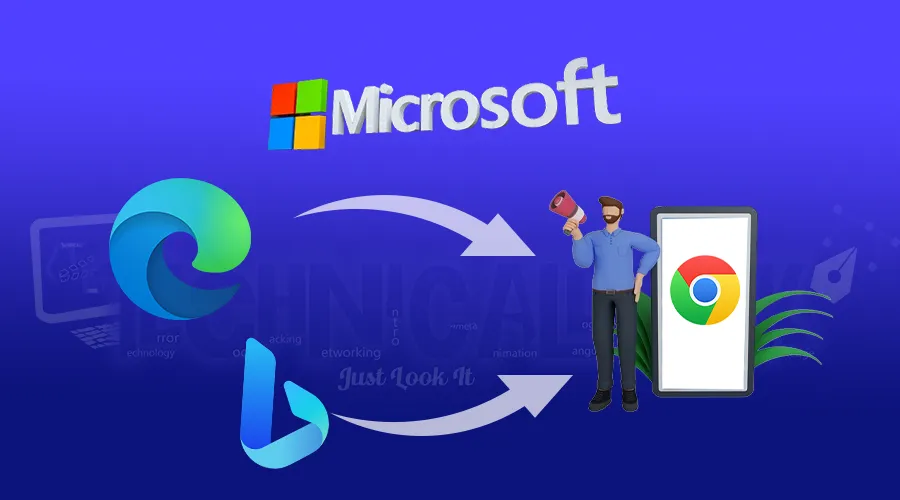In recent times, Microsoft has been nudging users towards embracing Bing, its proprietary search engine, through strategic pop-ups and advertisements. While some see these initiatives as helpful prompts, others question their authenticity and impact on user autonomy.
The emergence of pop-ups promoting Bing within Google Chrome has sparked debates among users. Initially introduced on Windows 10 and 11, these pop-ups resurfaced, encouraging users to make Bing their default search engine. Despite suspicion from some quarters, Microsoft assures users that these prompts are legitimate and should only appear once.

Caitlin Roulston, Microsoft's Director of Communications, clarifies that users have the liberty to choose Bing as their default search engine or decline the prompt altogether. Drawing parallels to other benefits provided to Windows users, such as increased chat turns in Copilot, Roulston emphasizes Microsoft's commitment to offering choices.
However, critics voice concerns regarding the transparency and impact of Microsoft's promotional strategies. Some users find it challenging to avoid these alerts through settings modifications, raising questions about the prioritization of Microsoft's services over user preferences.
The promotion of Bing extends beyond Chrome pop-ups to surround various advertising channels, including the Windows taskbar. Instances have been reported where users were compelled to switch to Microsoft's Edge browser post-Windows upgrades. Moreover, full-screen ads advocating the adoption of Edge and Bing have been displayed following system updates.
Microsoft's aggressive marketing tactics have drawn criticism, especially concerning user privacy and consent. Issues like Edge automatically importing data from Chrome without permission have sparked debates about the company's approach to user choice and competition.
Amidst these discussions, there's a growing demand for greater user control over software experiences. Some users express irritation at Microsoft's persistent promotion of its services and advocate for prioritizing user preferences over corporate interests.